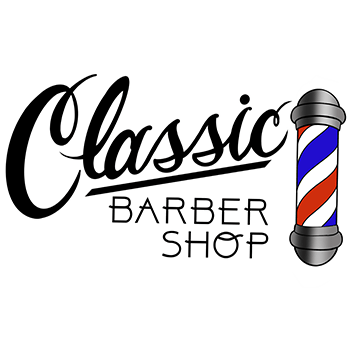Hair salons in NYC are more than just places to get a trim; they serve as crucial cultural hubs that help shape neighborhood identity and foster connections among locals. These businesses have a long history in urban settings, acting as gathering spots where individuals from varied backgrounds come together. In many neighborhoods, barbershops are often the first venue where clients can participate in discussions about local issues, exchange stories, and forge relationships. This distinct role makes barbers not only talented professionals but also community curators who add to the social fabric of their communities.
The atmosphere in a barbershop is often lively and welcoming, creating a space where people feel comfortable expressing themselves. Barbers are known for their ability to connect with patrons, often participating in talks that span from athletics to current events. This engagement helps to create a feeling of belonging among clients, as they discuss their stories and viewpoints. In many instances, barbershops reflect the ethnic diversity of the neighborhoods they serve, showcasing different haircuts, grooming methods, and even sounds that connect with the local population. This cultural exchange enriches the experience for everyone involved and strengthens community ties.

Barbershops also play a significant role in preserving cultural traditions. Many barbers have been trained in specific techniques that are transmitted through ages, guaranteeing that unique looks and methods are not forgotten over time. For instance, certain styles and grooming practices may be linked Web Site to cultural background, allowing individuals to express their identity through their appearance. By maintaining these traditions, barbershops help to preserve cultural stories alive, providing a feeling of pride and connection for local members.
In furthermore to their cultural importance, barbershops often participate in community service and support local initiatives. Many barbers take an active role in addressing social issues, such as education and health awareness, by hosting events or offering resources to their patrons. This engagement demonstrates a commitment to the well-being of the community and fosters a feeling of duty among barbers. By using their influence to encourage positive development, barbershops become essential players in the community, further solidifying their role as cultural curators.
Overall, barbershops in New York City serve as essential spaces for cultural exchange, community development, and identity creation. They provide a distinct environment where people can connect, share, and celebrate their varied backgrounds. As community curators, barbers not only influence the way people show themselves but also influence the broader community dynamics. By understanding the importance of these businesses, we can value the essential role they have in fostering connections and preserving cultural heritage in city settings.